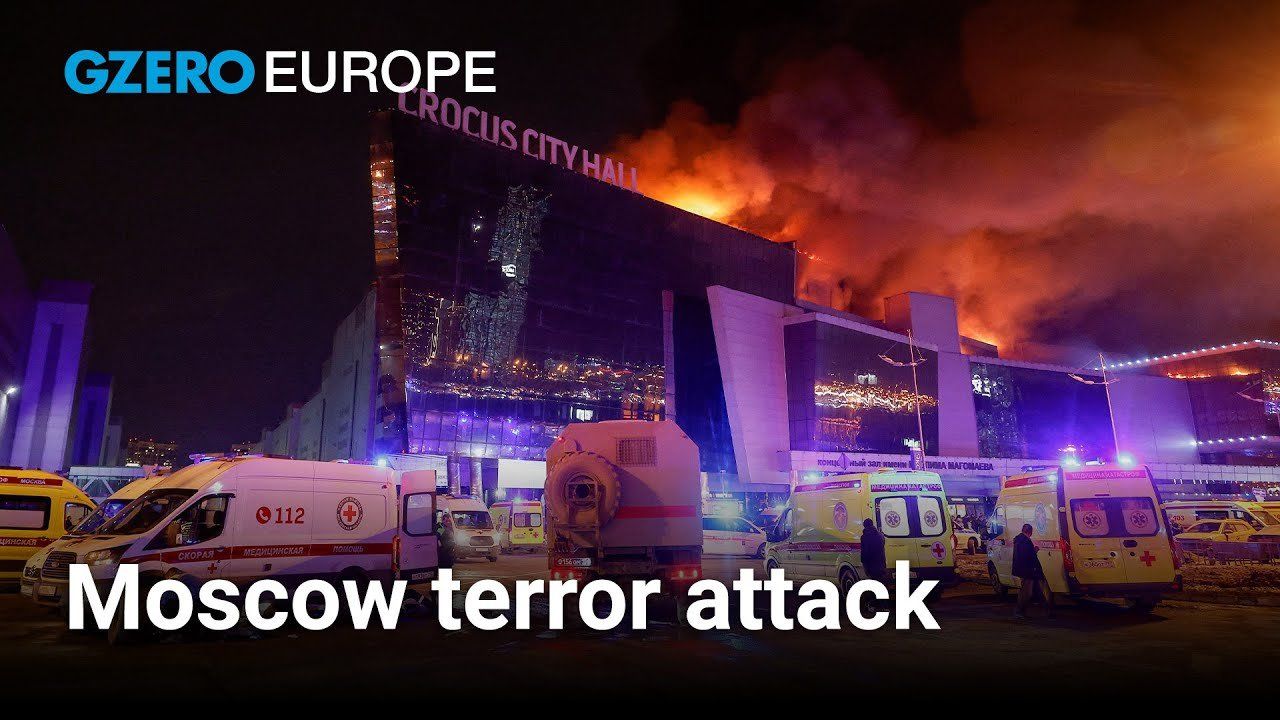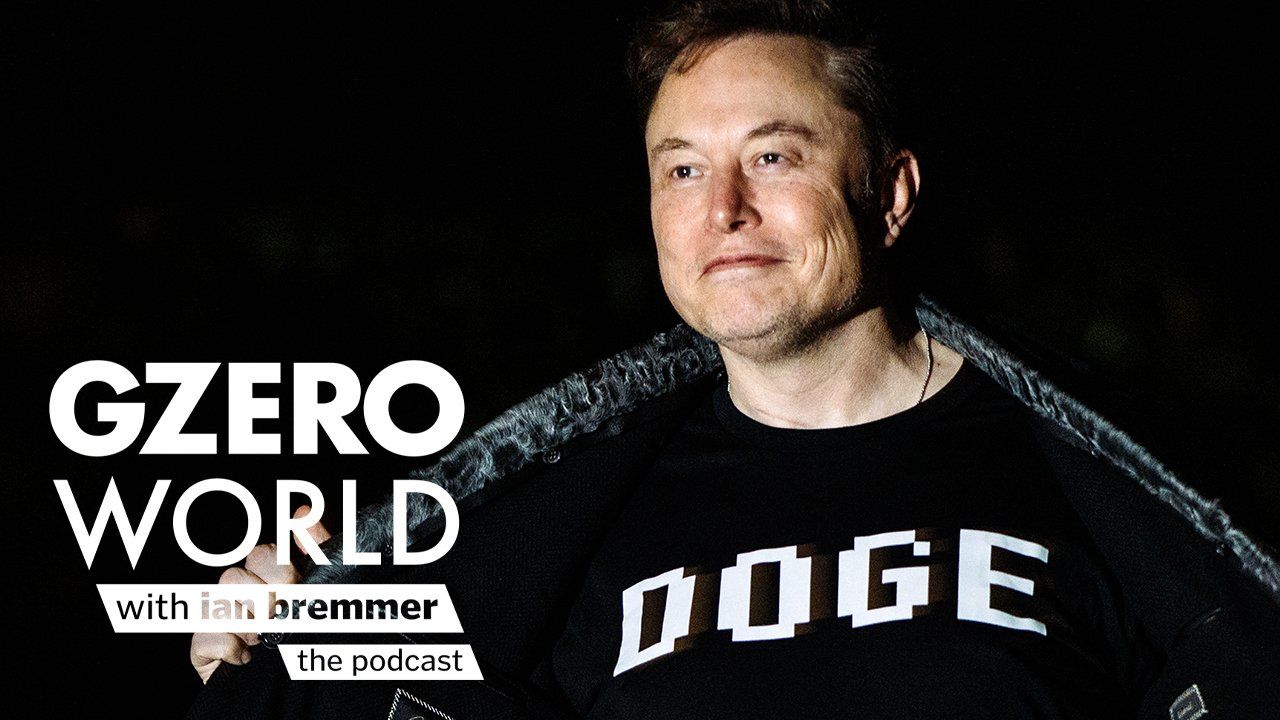
Moscow terror attack: What next? | Carl Bildt | Europe In :60
Carl Bildt, former prime minister of Sweden, shares his perspective on European politics from Stockholm.
What's going to happen after the horrible terrorist attack in Moscow?
Well, obviously, the Russian authorities have great difficulties with it. The US gave advance warning that something could happen in Moscow. It was repeated by several other embassies. That was publicly dismissed by Putin. And, of course, Putin is saying that all of the danger that is there is Ukraine and the West. Nothing else. He has everything under control. And then suddenly, well over 100 people dead. And evidently the security authorities responding fairly slowly. So he has now to adjust his narrative.
He is trying to say that there were some Ukraine connection to this, they were heading to Ukraine. True or not true? Unlikely to be true. But the question is, of course, what will be the reaction? Does he feel the need to further intensify the attacks against Ukraine in order to try to step up as a response to the Ukrainian attacks against his refinery capabilities, which has been going on for the past few weeks? We simply don't know. No one knows. What we know is that it's emotional, it’s unpredictable, it is dangerous.From Your Site Articles
- Ukraine is still standing two years after Russian invasion ›
- What follows the drone attack on Moscow? ›
- Are Ukrainian fighters hidden inside Russia? ›
- Mass shooting in Moscow leaves at least 60 dead ›
- Russia-Ukraine: Two Years of War ›
- Putin using Moscow attack as excuse to intensify war on Ukraine - GZERO Media ›
- Does Europe face a resurging terrorist threat after the Moscow attack? - GZERO Media ›

